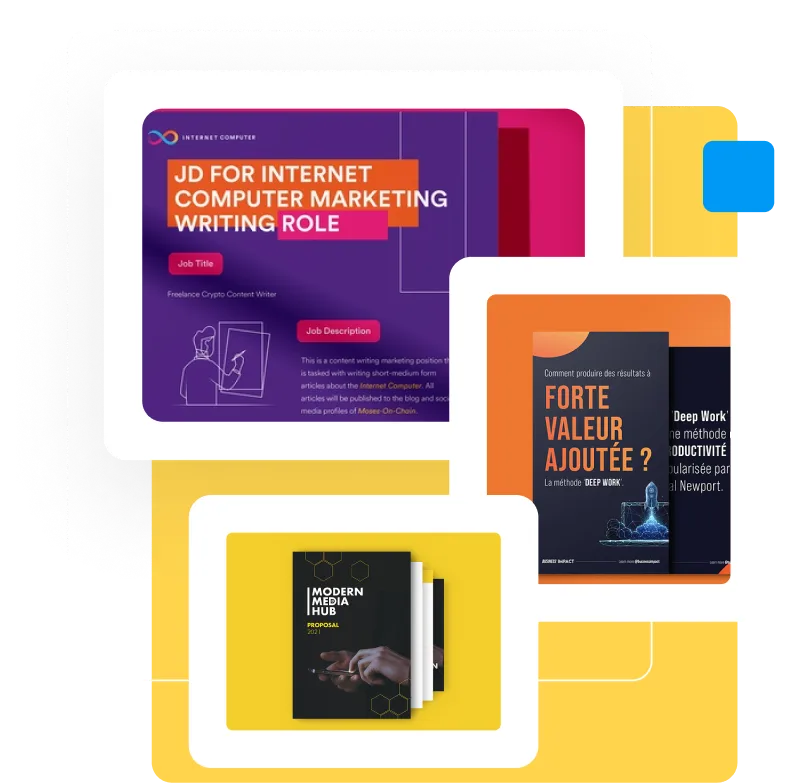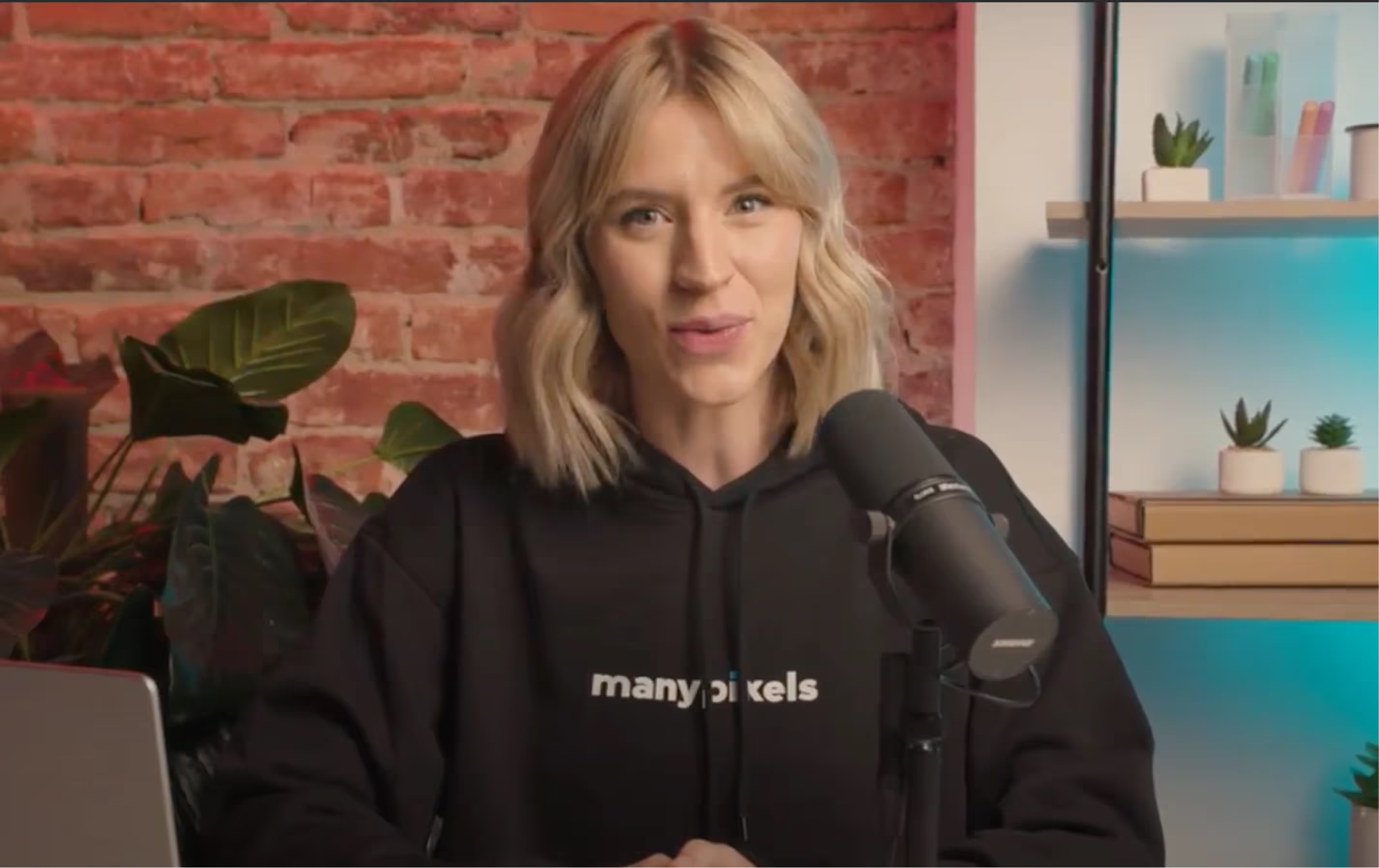

Why Brand Experience is the Future of Marketing
Find out why it is so important to invest in brand experience, and how it can take the promotion of your brand to another level.

.svg)
Table of Contents

Brand experience is often a part of a brand’s marketing strategy, but it’s gaining more and more prominence. Why do younger generations care for experience more than products, and why is brand experience the future of marketing?
Even though the digital transformation reshaped the world, more and more people are prone to investing in something that offers them a unique experience. Goods can be bought, touched, used and forgotten, but memories and experiences last forever. They are intangible and invaluable to some people.
This change in consumer trends is largely attributed to millennials, yet other generations also invest more in experiences.
Millennials, in particular, place higher importance on human experiences than on material items. According to a Harris Group study, 72 percent of them would rather spend money on experiences than on tangible items. This generation has demonstrated that they do not want to be sold to; instead, they want to be a part of an experience.

Here’s an example: gourmet coffee beverage consumption jumped from 19% to 41% among 25 to 39-year-olds between 2008 to 2016. Additionally, specialty coffee became more available in the same period, since Starbucks has opened over 19,000 stores worldwide since 2000.
What this tells us is that people don’t want just a kick of caffeine in their system, but they want an experience. A serene atmosphere and the smell of specialty coffee in the morning might cost more than a home-brewed coffee bought from the supermarket, but it lacks the experience.
So, what are the reasons that people want to experience things for themselves, rather than being marketed to in a traditional way? Here are only some of them.
{{BRAND_BANNER="/dev/components"}}
Experiences build long-lasting feelings and memories
An ad or piece of content might be impressive when you see or read it, but the chances are you will forget what you saw a few minutes later.
On the other hand, a good example of experiential marketing can be in a person’s memory forever. And it’s not just the memory: good experiences provide a longer feeling of happiness. A study performed by the University of Cornell saw that people find enjoyment from experience based on two things: the anticipation of an experience, and the memory that it forms.
Furthermore, waiting in line for an experience, such as a live event or expo show, makes people more content about waiting in line, than they would be if they were waiting to make a purchase.
The answer to this phenomenon is that as consumers, we can be seen as two people: the person that goes through this experience, and the person that remembers it. The final impression you get of an experience, such as purchasing a product, is made by the remembering self.
Here is a personal experience: I recently went to an optical store to get new glasses. I don’t remember how I got there, or what other types of glasses I saw. But I do remember that the salesperson was very nice and she threw in a cleaning cloth and case for my glasses for free. She also explained to me how to properly clean them and how to stop them from misting up when I wear my face mask. I didn’t expect those extra nice gestures, so I remember that as a very good purchasing experience that will likely make me revisit.
Experience marketing can boost community building
People nowadays feel so overwhelmed with ads, that experience on social media doesn't always quite cut it. Here is where real-life experiences can help a company not only put a smile on their face but also build a community around the product.
How many times have you heard someone claim they are a “Coke person” or “Pepsi person”?
When consumers experience a sense of community as a result of their encounters with a company, they become true brand loyalists. This is because, unlike physical products or features, an engaged community is one of the few characteristics of a business that cannot be imitated.
Brand experiences, which range from online community forums to unique events, assist to bring fans together as a community and develop a sense of belonging.
Brands can sometimes create a community experience for a very short period of time. Here is an example by the car brand Smart, that made a casual day of being in traffic into a memorable experience in which strangers participated together, and for some interval of time, formed a community.
BX is all about building trust
A positive brand experience also fosters trust. Giving the audience a taste of what they could buy is an age-old approach that makes them feel like they know what they're getting into.
Whether by participating in live events, giving away a free product or immersing the audience in a multimedia experience, this will help the company establish a positive reputation.
Since brand experience means giving a unified approach to every touchpoint of the customer’s journey, it helps establish their trust in the company. If your needs are not only met but also your expectations are outdone by a brand, you are very likely to keep being their user.
Brand experience is a step towards brand evangelism
Good news spreads fast. People that have had a good experience with a brand, or are even brand loyalists, are far more likely to suggest people use the same product or service.
Brand experience can help here as well. Brand experience and the community forming around it is a way to create brand evangelists.
Brand evangelists are eager and dedicated, they show an interest in what they're doing and research it. A brand evangelist isn't just a customer. They are fans, just as one could be of a musician or a celebrity. Unless something happens to sway their loyalties, they'll always advocate their preferred brand and almost never use a competitor's product.
Journalist turned content writer. Based in North Macedonia, aiming to be a digital nomad. Always loved to write, and found my perfect job writing about graphic design, art and creativity. A self-proclaimed film connoisseur, cook and nerd in disguise.
A design solution you will love
Fast & Reliable
Fixed Monthly Rate
Flexible & Scalable
Pro Designers



.jpg)

.jpg)
